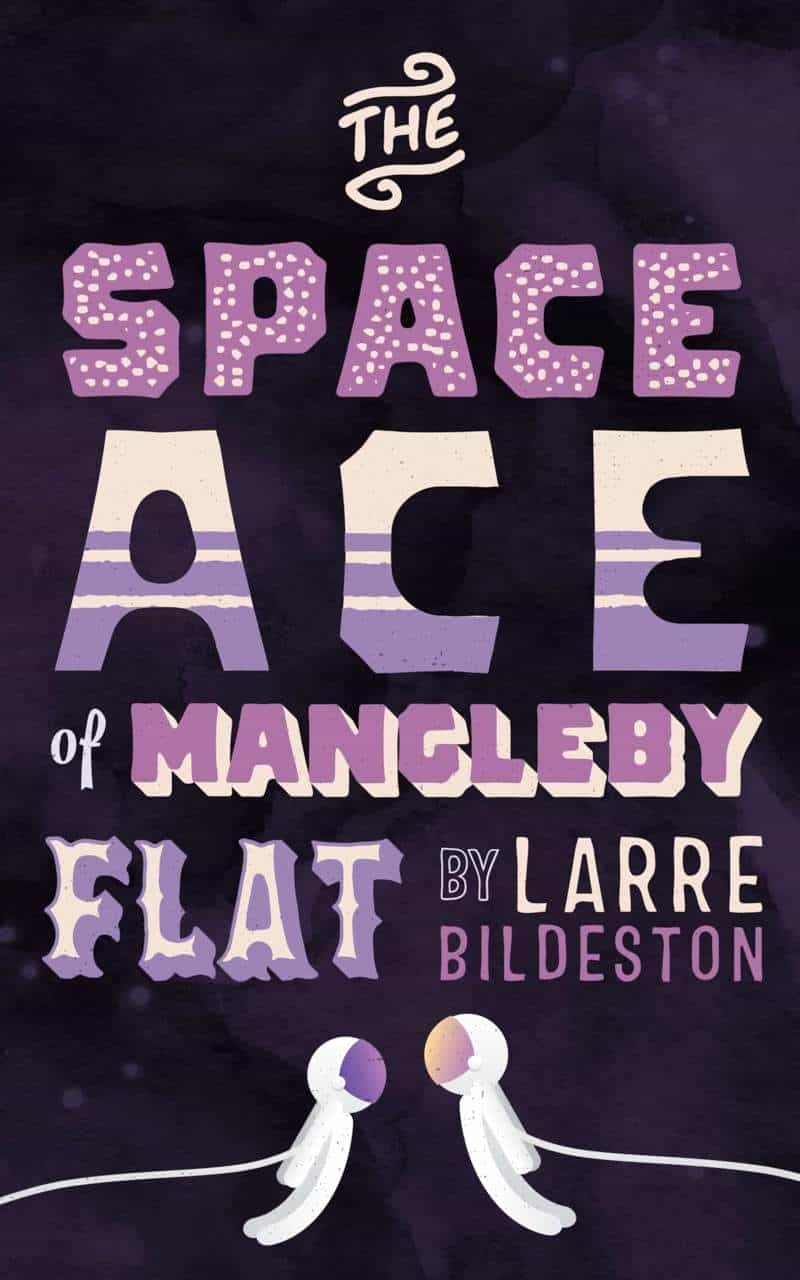“The Wind Blows” is a short story by New Zealand Modernist writer Katherine Mansfield. Below I share my re-visioned version which uses similar structure, plot points and Mansfield-esque language techniques but I have set my version in contemporary New Zealand. The characters are wholly imagined, but the atmosphere and emotions definitely come from having experiences teaching in a NZ girls’ high school.
She awakes to music – tinny, chattery beats. Jitter-jitter-jitter, her mobile phone scuttles across the study desk, past the spiral-bound history of Renaissance Composers and jump! A suicide onto the bedroom floor. An omen. Something disastrous is about to happen. Today is performance day! She knows it’s just a mock. But oh how the entire world depends on it…
She ties a regulation maroon elastic band around her hair, securing it at the back of her head in one regulation bunch. She hates her hair like this. She’ll meet one of her teachers in ten years’ time and he’ll say, ‘Why Cadence, how modern and original you look!’ and she will reply through heavy-lidded eyes, ‘This – this is the extent to which you bastards stifled my individuality.’ She does not dare glance at herself in the mirror. She’ll pretend she is somebody else today.
Outside, winter swoops and slides into spring. Daylight savings began yesterday; the whole world has been cast back into darkness. Across the road, Mr Moll’s garage door opens with a shudder and rises skywards, accelerando. A red hatchback emerges. The small car narrowly avoids his letterbox and skirts around the hedgehog, squished by a ute sometime last week.
It is rubbish day. Cadence hears glass bottles falling into a truck one, maybe two streets over. The truck approaches: rit, smash, a tempo. Rit, smash, a tempo.
Downstairs, Mum is mid-morning-moan. “Cadence! Cadence, sweetheart! Didn’t I tell you to get that wheelie bin to the curb last night? Didn’t I? Chop chop!”
What is that smell? Dad must lower his cholesterol, so the whole family suffers.
“I’m not eating that.”
“Get it down you, Cadence. A girl needs sustenance.”
But she can’t. She just can’t force it down… She stares into the bowl and sees silage, secco as can be because her little brother polished off the last of the milk…
Subito, there is a toc-toc-toc upon the back door. That can only be old Mrs Finch, who manages to scale the back fence presto con agitato, despite complaints of knobbly knuckles and a gammy knee.
“I’m very sorry, Mrs Finch, I’ll have a word with her–”
“It’s just not good enough. Quarck, quarck, quarck, I hear, coming from your woodshed last night. Practising until ten twenty-seven, she was! Now, why can’t my neighbours’ children learn the flute? Roger played the flute… My Roger should’ve been a concert flautist. Now the flute, my poor nerves might bear!”
“But Cadence has her mock exams today–”
“Good Lord! Mock exams? You mean there’s more Shoe-man to come?”
Cadence imagines the old woman crossing herself. The back door slams.
The performance is not til second period. Cadence suffers through form-time, answering to roll-call a little on the enthusiastic side. During maths, algebraic variables dance before her, trying to break free of their tiny squares. “I don’t know, Miss,” she says, gazing at a wreath of twigs outside their second-storey window. A myna bird has constructed its nest for her very own benefit: a lute-lover’s delight.
“Forty-two?”
Miss Mathematics sighs, quite theatrical for a numbers specialist. “That joke is wearing thin, Cadence… Stop fiddling with your hair, and pull your skirt down. Past your knees… Yes, well I will pick on you if you must make such an obvious show of boredom in my class.”
Cadence doesn’t stifle the next yawn either. Life is weary. She wants to answer back, but Miss has moved on to Augie Walker, who does indeed know the answer to life, the universe and everything, if not the answer to nits.
The bell rings, at looong last. Interlude.
The music classroom is warm and smells like the inside of an oboe case. At least, it would, if Dewey hadn’t sprayed himself with half a can of supermarket deodorant, again. Cadence hopes he has put as much effort into his piano preparation.
The class settles: a cabal of tension. Nobody wants to go first. Mr Burlando settles himself at the back of the room, smug.
Dewey misses his cue to come in; Cadence should have soaked her reed.
Mr Burlando balances the mark-sheet upon one knee. “Relax, guys. Imagine I’m not even here.”
That would be a feat indeed. Cadence has spent far more time imagining Mr Burlando’s presence than his absence. He lies beside her each night and cuddles her to sleep. He wears an old t-shirt and long, striped pyjama pants… or so she imagines.
He is smiling now, because it’s all right for teachers, who only become teachers so they can watch generations of students suffer through performance, all the while knowing they’ll never have to endure another exam themselves… Life is so much easier for adults.
Tuh – kuh – tuh – kuh.
She wishes he would call her Duck, like he did last week. But Mr Burlando is solemn, because spring rain pitter-patters outside, and when they have finished their duet he scribbles onto his clipboard in that teacherly, indecipherable scrawl that might as well be a love note… Poetic licence, if you must.
“Amid the deluge of dissonance there was some dignity in your performance.”
And nobody knows what on earth that means.
“Double-tonguing it might be a stretch, Cadence.” Mr Burlando cannot look her in the eye.
“I can’t help it. I had my braces tightened.” Her lips sting.
“Nice fingering, though.”
He stands by the classroom door and takes each composition as the year elevens file out for recess. Cadence, solo, waits behind. She doesn’t want to get her woollen school jersey damp; she’ll only reek of sheep for the rest of the day.
“Well?” Mr Burlando leans against the wall, eyebrows raised.
“I left it at home.”
“That’s not like you, Cadence. Can someone bring it in? Your mother, perhaps?”
No, no, no, no – not Mum. She unzips her back-pack and produces ten crumpled sheets of composition paper, secured at the corner with a love-heart paper-clip.
He takes the papers with caution, bemused.
“Don’t worry about that stain. I think it’s coke…”
He’s flipping through the first few pages. “Looks fine to me.” He glances up. “You’re far too hard on yourself.”
Is this what she wanted? A psychoanalysis?
One gaping, great lacuna hovers in the deo-do-ranty classroom air.
His hand is on the doorknob now. She likes those hands, with their short, neat finger-nails with creamy half-moons on each thumb. “Come on, Duck,” he says. “Shake those tail feathers.”
Her heart beats capriccio.
“One brown mug of instant coffee calls my name.”
Just as she imagined. Café con milk senza three sugars, she thinks.
Cadence suffers through English literature. She sits at the back of the classroom and perfects her autograph because she will be a famous oboist one of these days; after she’s found the right reed, that is. She practises her married name over and over and it looks wonderfully musical: Cadence Burlando. She tries a bass clef in place of a ‘C’; a treble clef might do for a ‘B’.
Girl-with-the-glasses collects their homework, seizing flutters of paper from each desk in the officious manner expected of a form-leader.
“No!” But it is too late – the paper is gone, gone, handed in with all the other papers, and after class she doesn’t know how to ask Mrs Crotchet for it back.
She hemi-demi-semi-quavers through a lunch of egg sandwiches and a slice of cheese.
She stutters through French; imagines she’s enjoying escargot in a voiture-restaurant with her musical lover, on her way to… She’s not sure where.
“Cadence. Cadence!” Someone passes her a yellow slip.
“Oo-la-laa!”
Cadence has never been yellow-slipped, not since the pebble-throwing incident in year seven, when the guidance counsellor made all six girls cry before sending them outside with plastic gloves and tongs, to pluck cling-wrap from the shrubbery and pink drinking-straws from cracks in the concrete… Surely not…
The corridors are empty and eerily quiet. Cadence knocks on a door covered in posters; the door is ajar and she knows to go in.
Oh but what – what is he doing here? She is reminded of the time she caught her music teacher at the supermarket buying half a shrink-wrapped cabbage… This is all wrong!
Mrs Dolce sits in the darkest corner, fiddling with her computer. She doesn’t look up.
“Pull up a pew,” says the baritone voice.
Mr Burlando is holding her composition but she knows this isn’t about music. He has her love-heart in one beautiful hand and, in the other, her addendum of undying love, composed appassionato last night. She drops her head and wishes she were anywhere else… He sits beside her now, on a soft couch covered in bright cushions, and passes her a squishy little ball, shaped like a hedgehog. She squeezes it hard.
“Sorry to pull you out of class,” he says. “I’m fluent in schoolboy French myself, don’t you know?”
“Oh.”
“I’ll always remember my first love: Madame Eve Lefevre: the most beautiful name I’d ever heard. Twice my age, two heads taller in heels and not the slightest bit interested in me. The whole thing was ridiculous and I knew it.”
Fermata.
“You know what I’m getting at, Cadence?”
She nods, grave.
“It stinks, doesn’t it? And it’ll happen to you more than once in this lifetime. It’s like a drug. Sometimes the drug chooses you.”
She nods again, poco piu mosso.
“You can’t write me any more notes.”
“Are you angry, sir?”
“Not angry. Not anything, really. Just doing my job.”
She wishes he were a little bit angry. “Will you call my mum?”
“This conversation stays here.”
“I’m sorry. I’m so sorry…” Allegro agitato.
“Rest easy, Cadence. You have fine taste in men.”
He winks, she thinks.
A snort from the corner reminds Cadence they are not alone.
“He’s got a big head on him, this one, hasn’t he love?” The counsellor’s belly-laughing reaches a crescendo, falls flat on the soft furnishings.
“I’ll see you in class, Duck.”
The whole world seems different now. She walks staccato down the click-clackity corridor but she cannot go back to French, not with cheeks aflame. She sits on a toilet, bolts the cubicle shut and stares at the signatures etched into the glistening door. Her lip semi-quavers but she doesn’t make a sound.
The music – the music.
THE END
I went out of my way to subvert a common issue I see in stories set within high schools: The teachers in this story behave like actual teachers when faced with an uncomfortable but common scenario: a student crush.
In TV and film, far too often, teachers pull individual students aside after lessons and ask speak to them inside classrooms with the door closed. In these stories, the teachers are frequently depicted as Good Adults. However, this scenario should never play out in schools. Well-trained, ethical adults with your best interests at heart will never do that. They will leave the classroom door open or speak to you in front of your friends, partly for your protection, partly for theirs.
When it comes to delicate issues, they will speak to you with another staff member or your caregivers present.

